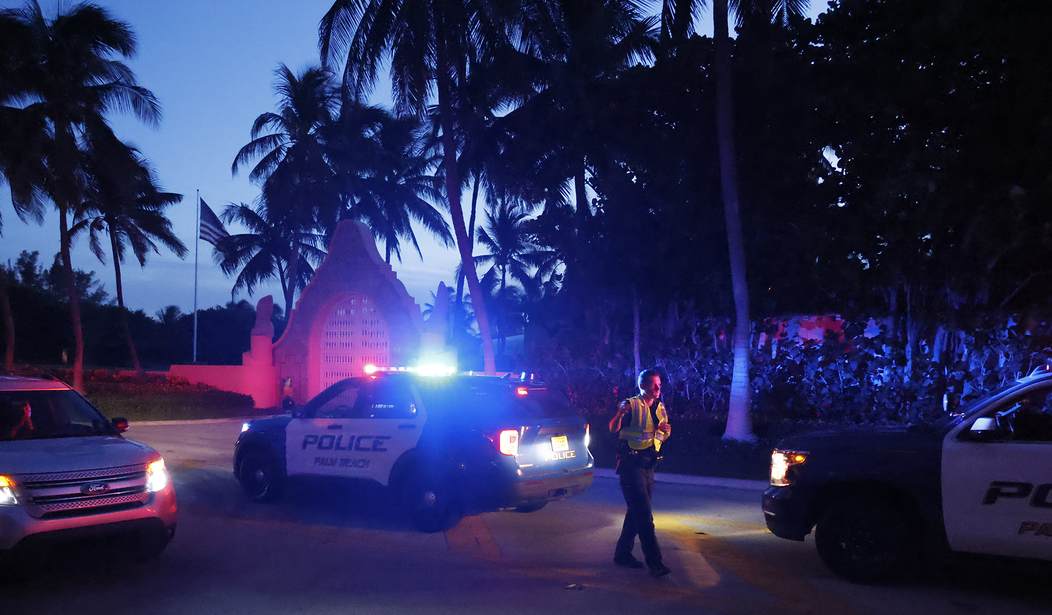 |
What would the government do about the classified materials still stored at Mar-a-Lago? It’s a meeting that the Federal Bureau of Investigation and the Department of Justice didn’t want to have, but they were mulling options over how to obtain the rest of the files. NBC News penned a lengthy article about this heated meeting, where the FBI was concerned about the optics of raiding a former president’s home while top DOJ officials couldn’t care less. The bureau was also concerned about the political donations made by Jay Bratt, a top DOJ prosecutor, who supposedly was apolitical to his core, a consummate professional who harbored no anti-Trump bias: He just donated to the political rival party. Bratt wasn’t giving money like the late Sheldon Adelson, but it’s the principle of the matter—the officials in this room, at this rank, shouldn’t be making such contributions. Steven D’Antuono, now retired, was then chief of the Washington bureau office for the FBI, and he wanted a conciliatory and less-than-hostile approach to repossessing the files at Mar-a-Lago. The funny part about this meeting was that the main narrative used by the DOJ to storm Trump’s Florida residence was over national security concerns. The house was guarded by the Secret Service. The files were in a secure location. In D’Antuono’s mind, there was no need to execute a storm-the-Bastille-like operation. Everyone at this meeting knew their careers were on the line, along with the severe political ramifications if things went sideways. It’s also where the FBI stumbled upon the DOJ’s main aim against the former president regarding the files, the raid, and how to catalog the legal documentation for a judge to sign off on the search. Trump would need to be accused of committing a crime, one that could bar him from political office [emphasis mine]:
The irony of this piece is the lengthy passages about bias, conspiracy theories, and hyper-partisanship that these institutions were not meant to soak up in executing their function as law enforcement and investigative bodies. And yet, there’s no bias within the halls of the DOJ, and everyone is level-headed when we know that’s a lie. DOJ officials doctored or outright withheld exculpatory evidence when securing illegal FISA spy warrants against Trump campaign officials like Carter Page. The FBI spied on Trump’s campaign—literally—via Crossfire Hurricane. The FBI/DOJ is not meant to navigate partisan political waters; they’re stirring the pot. The aversion to calling out the hacks in these departments is also painful to read. The attorney general is trying to sell the line that the DOJ/FBI is home to ‘the most patriotic, apolitical officials in government’ who also donate to Democrats, secure illegal spy warrants on the Democrats’ political rivals, and want to storm into Trump’s home to reclaim documents you’d think would be of such a national security interest that it could make for film material for a feature similar to Sneakers. There’s another theory: The DOJ felt that the comprehensive binder on the Russian collusion investigation, all the dirty laundry about this probe that House investigators compiled in 2019-2020 was at Mar-a-Lago. This binder reportedly went missing before the COVID pandemic, and the usual Deep State subjects were fearful that Trump had a copy of the original file on the property. Trending on Townhall Videos |



No comments:
Post a Comment